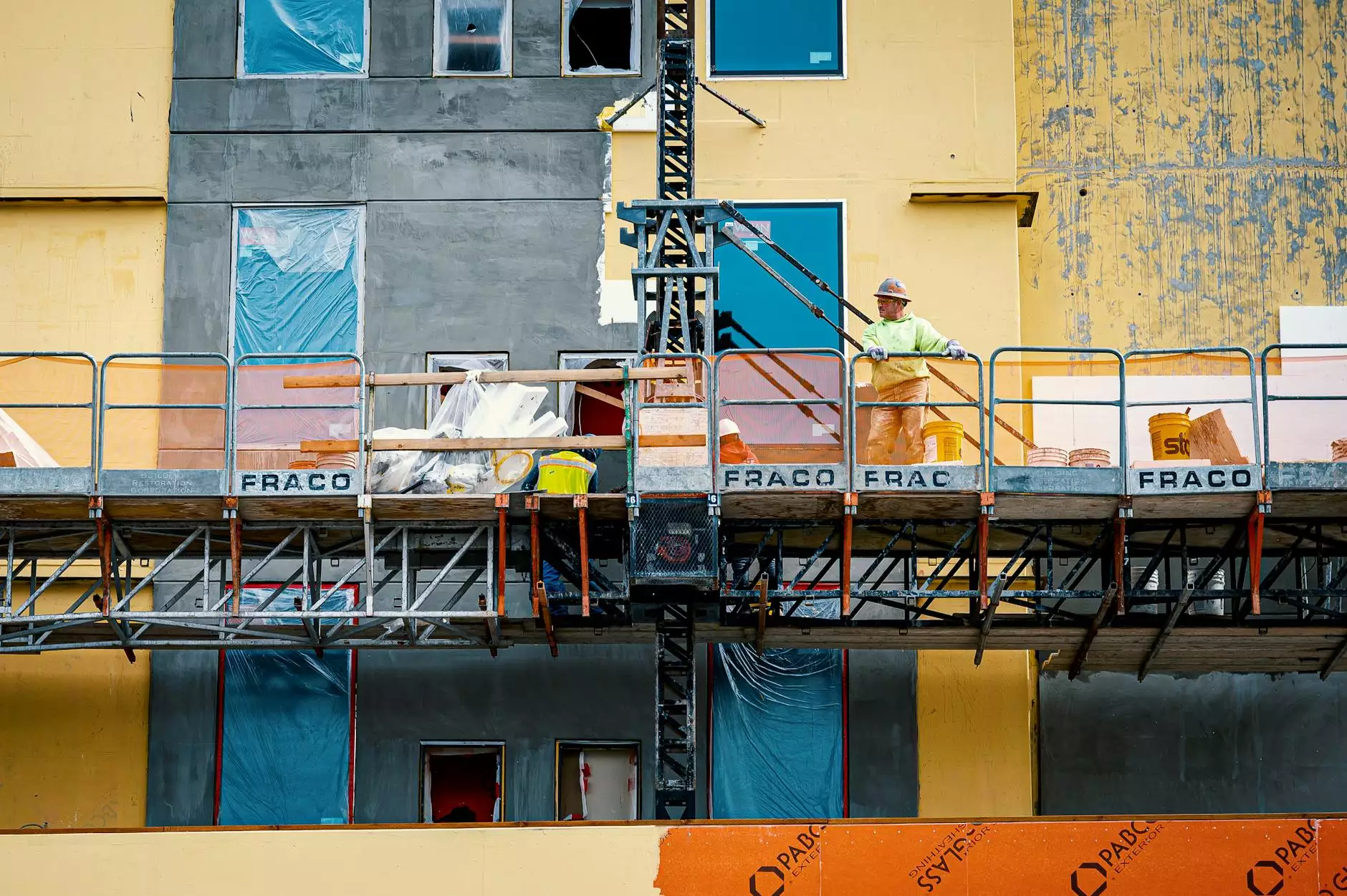Avoid Penalties by Knowing Maryland's Contractors Licensing Rules

Welcome to Richardson Law Firm PC, your trusted source for expert legal advice in the field of construction law in Maryland. Our experienced team of attorneys is dedicated to helping contractors understand and navigate the complex regulations surrounding licensing. By familiarizing yourself with Maryland's contractors licensing rules, you can avoid penalties and legal complications that may arise if you fail to comply with the necessary requirements.
Understanding Maryland's Contractors Licensing Rules
As a contractor operating in Maryland, it is essential to be aware of the state's licensing rules to ensure you are legally authorized to perform your work. Failure to comply with these rules can lead to severe penalties, including fines, work stoppages, and even criminal charges. Let's dive into the key aspects of Maryland's contractors licensing rules:
1. Classifications and Licensing Requirements
Maryland's contractors licensing system categorizes contractors into different classes based on the scope and value of their work. The Maryland Home Improvement Commission (MHIC) is responsible for issuing licenses and regulating the construction industry in the state. Here are the main contractor classifications:
- Home Improvement Contractor (MHIC): Contractors engaged in home improvement projects, such as renovations, additions, or alterations, must possess an MHIC license. This license ensures compliance with consumer protection laws and demonstrates competence in the field.
- Electrical Contractor: Electricians performing electrical installations and repairs for residential or commercial projects must obtain an electrical contractor's license. The State Board of Master Electricians oversees the licensing process for electrical contractors in Maryland.
- Plumbing Contractor: Plumbers responsible for installing, repairing, or maintaining plumbing systems need a plumbing contractor's license. The Maryland State Board of Plumbing oversees the licensing and regulation of plumbing contractors.
- General Contractor: General contractors oversee and manage construction projects from start to finish. While Maryland does not have a specific general contractor license, many general contractors obtain the MHIC license to comply with state requirements.
2. Licensing Process and Requirements
To obtain a contractor's license in Maryland, certain requirements must be fulfilled. These requirements may vary depending on the contractor classification. Here are some general steps to follow when applying for a contractor's license:
- Education and Experience: Contractors must meet specific education and work experience criteria to qualify for a license. This varies based on the classification.
- Examination: Contractors are typically required to pass a licensing examination to demonstrate their knowledge and competence in their respective fields.
- Financial Responsibility: Contractors must provide evidence of financial responsibility, which may include obtaining a surety bond and maintaining adequate insurance coverage.
- Application Process: Contractors must complete and submit the appropriate license application forms to the relevant licensing board or commission. The application process also involves paying the necessary fees.
3. Compliance with Regulations and Continuing Education
Maryland's contractors are also expected to comply with various regulations to ensure public safety and consumer protection. Contractors must adhere to building codes, zoning regulations, and safety standards specified by the relevant authorities. Additionally, many contractor licenses require ongoing continuing education to stay updated with the latest industry practices and regulations.
4. Consequences of Noncompliance
Failure to comply with Maryland's contractors licensing rules can result in severe consequences. Some potential penalties and legal complications include:
- Fines and Penalties: Contractors operating without a valid license or who violate specific rules can face substantial fines and penalties imposed by the licensing authorities.
- Work Stoppage: Contractors who fail to meet licensing requirements may face a work stoppage order, halting their operations until the necessary compliance is achieved.
- Legal Liability: Unlicensed contractors may face legal liability if their work leads to property damage, injuries, or other issues. Proper licensing helps protect both contractors and their clients.
- Criminal Charges: In some cases, intentional or repeated noncompliance with licensing rules can lead to criminal charges, potentially resulting in fines, probation, or even imprisonment.
Contact Richardson Law Firm PC
At Richardson Law Firm PC, we understand that navigating Maryland's contractors licensing rules can be overwhelming. Our dedicated team of construction law attorneys is here to provide you with reliable legal guidance and ensure your compliance with state regulations to avoid penalties and legal complications. With our expertise, you can focus on your work with confidence, knowing that you have the necessary legal support.
If you have any questions or require assistance with contractors licensing in Maryland, don't hesitate to reach out to Richardson Law Firm PC. Our attorneys are ready to help you navigate the legal complexities and protect your business interests. Contact us today to schedule a consultation and discuss your specific needs.










